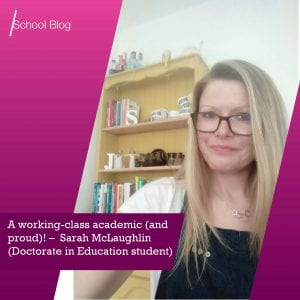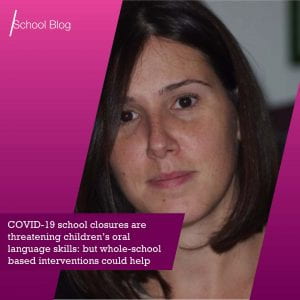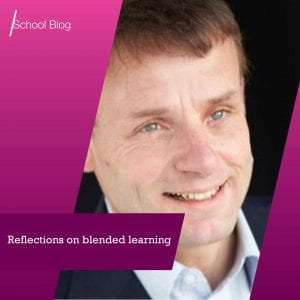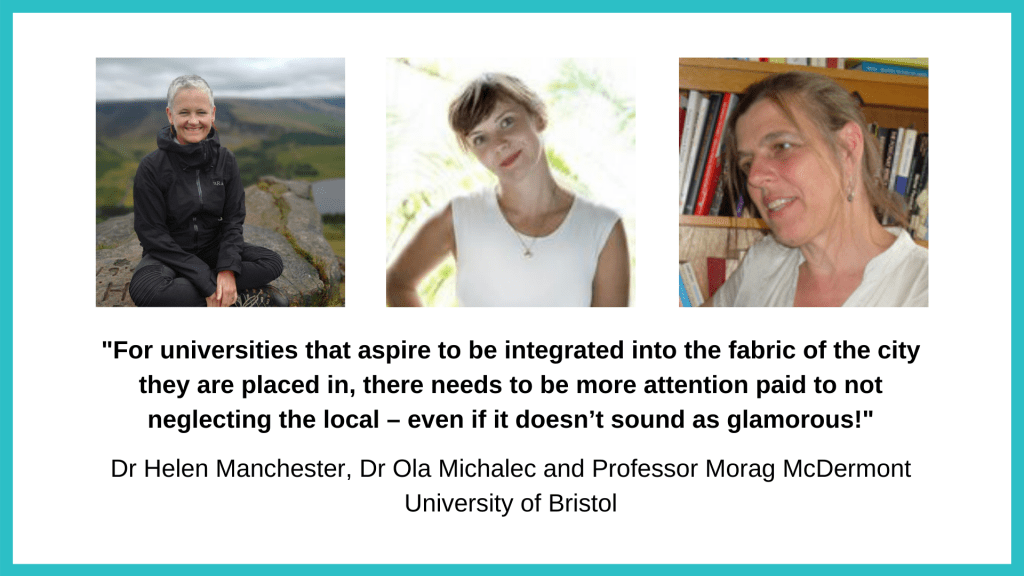 By Sarah McLaughlin, BA(Hons), MSC. PGCE, School of Education, University of Bristol (Doctorate in Education student)
By Sarah McLaughlin, BA(Hons), MSC. PGCE, School of Education, University of Bristol (Doctorate in Education student)
“I have found the School of Education very welcoming and my supervisors extremely encouraging and supportive…my experience during EdD taught modules is that students and staff have made me feel valued, included and accepted.“
I have many roles – I am a mum of two boys, a sociology lecturer for an Access to Higher Education course and an A-level class. I am also a Doctorate in Education academic. I use the term academic because that is what I am and I am really proud of this, however I have never felt that I am a ‘real’ academic because I definitely suffer from imposter syndrome. Imposter syndrome is a psychological pattern whereby individuals feel they aren’t as intelligent or competent as others might think. For me, I think this impression comes from the fact that, due to my social class background, I have never felt that I have been a ‘real’ student. (more…)



